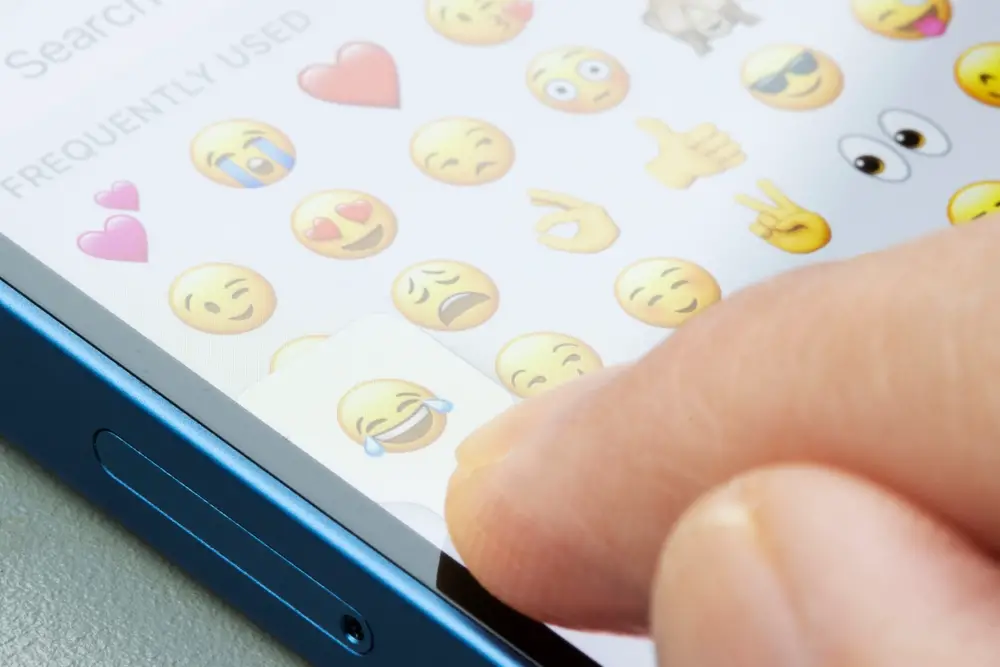Gen Z is calling for people to stop using the thumbs-up emoji, as many perceive it as passive-aggressive rather than a simple acknowledgment. This generational communication issue was highlighted in a Reddit thread, where users discussed their discomfort with the emoji, especially in workplace settings. The thumbs-up, often intended to signify agreement or acknowledgment, is seen by some younger people as curt or dismissive.
One user explained feeling unsettled by the emoji, sharing that they prefer more enthusiastic responses like heart emojis or verbal replies. Another user described the thumbs-up emoji as something their boss might use in a condescending manner, emphasizing the potential for misinterpretation. This sentiment reflects a broader trend among Gen Z, who value more expressive and clear forms of digital communication.

However, not everyone agrees with this perspective. Some argue that the thumbs-up emoji simply means “message received” or “okay,” and that interpreting it as passive-aggressive is an overreaction. They believe it’s a straightforward way to acknowledge a message without any negative connotation.
This debate underscores the evolving nature of digital communication and the importance of understanding generational differences. As workplaces become more diverse, being mindful of how different age groups perceive digital symbols can help prevent misunderstandings and foster better communication.

Overall, while the thumbs-up emoji may seem innocuous to some, it highlights the nuanced ways in which digital communication can be interpreted differently across generations. As such, finding common ground and clarity in communication remains essential in bridging these gaps.




